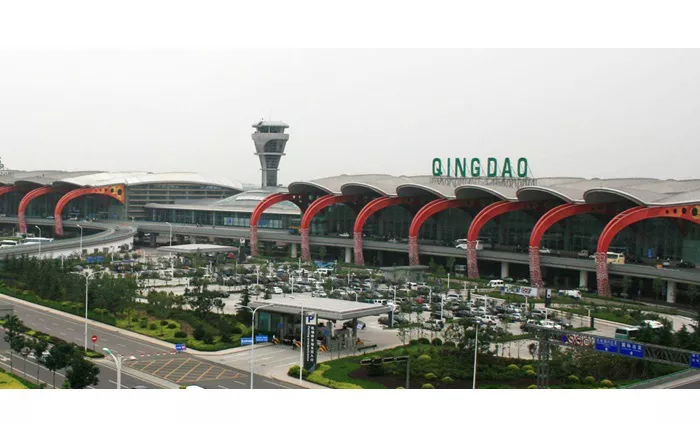Qingdao Jiaodong International Airport has surpassed one million passengers on Japan and South Korea routes this year, achieving the milestone 36 days earlier than in 2023. The airport credits this growth to expanded flight options, streamlined customs processes, and a 48% surge in visa-free travelers from both countries.
Strategic Route Expansion Drives Growth
Since the summer flight season began, Qingdao Airport has strengthened its Northeast Asia network by adding Nagoya and Cheyosu routes while increasing frequencies to high-demand destinations like Osaka and Seoul. The airport now operates 54 daily roundtrips across eight Japanese and South Korean cities, ranking third nationally for such routes. The Seoul route leads nationally with 34 daily flights, offering passengers near-hourly departure options.
Summer Travel Enhancements Planned
With peak travel season approaching, the airport will launch new routes to Shizuoka and deploy wide-body aircraft on existing services. These upgrades complement new passenger benefits including discounted fares and streamlined transfer services. The “fly via Qingdao” network now connects 25 Chinese cities to Japan/Korea destinations, featuring direct baggage transfer and through-ticketing that boosted transfer traffic by 17% year-on-year.
Smart Customs Accelerate Processing
Qingdao Airport’s collaboration with customs authorities has revolutionized border processing:
- AI-assisted document review and pre-screening machines cut wait times
- Multilingual signage and translation devices assist international travelers
- Dedicated 144-hour visa-free transit lanes enable “single-window” clearance
These innovations have created what officials call a “seamless customs experience” that processes transit passengers in minutes rather than hours.
Passenger-Centric Facility Upgrades
The airport has implemented comprehensive wayfinding improvements:
- 340+ signs redesigned to international standards with quad-language (CN/EN/JP/KR) labeling
- Customized guidebooks detailing procedures in all four languages
- Special assistance lanes for elderly and family travelers
These changes have particularly benefited Japanese and Korean visitors, reducing confusion and processing times at every travel touchpoint.
Future Hub Development Plans
As Qingdao positions itself as China’s premier Japan/Korea gateway, airport executives vow to further enhance connectivity and passenger experiences. Ongoing projects include expanded duty-free shopping, automated immigration kiosks, and closer coordination with regional tourism boards to attract more international visitors through what has become one of China’s most efficient Northeast Asia transit hubs.


